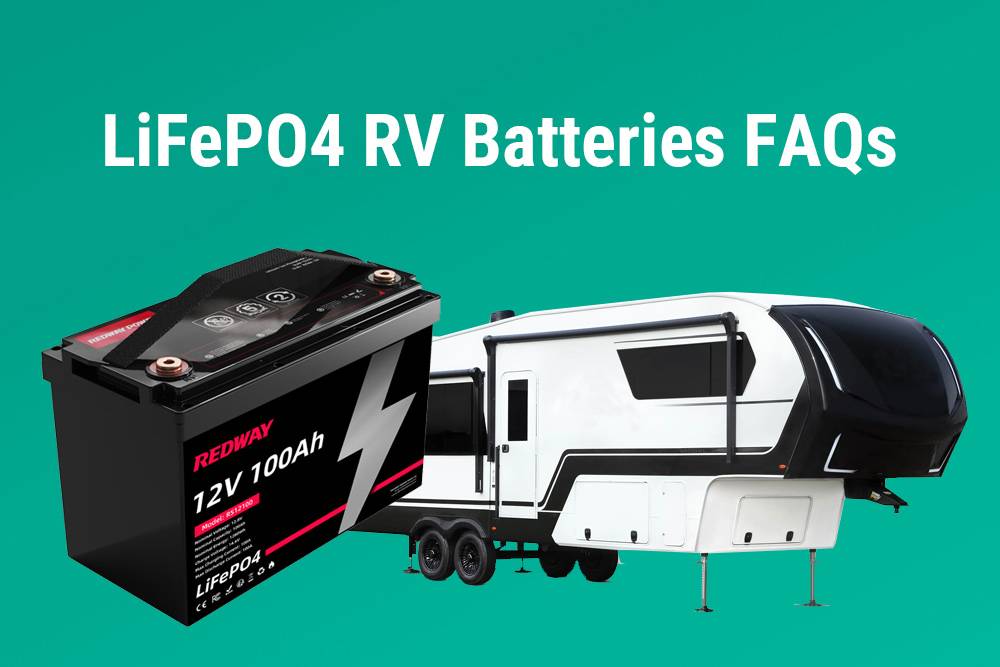RV batteries can vary in their performance and longevity. One key difference is between lithium batteries and lead-acid batteries. Lithium batteries can last 3-10 times or more charging cycles compared to lead-acid batteries. Lead-acid batteries typically offer around 400-1,000 cycles, while lithium batteries can provide 3,000-5,000 cycles.
Lithium Batteries vs. Lead-Acid Batteries
Discover the differences between lithium batteries and lead-acid batteries commonly used in RVs, including their lifespan and charging cycle capabilities.
- Lithium Batteries: Lithium batteries offer a significantly longer lifespan, lasting 3-10 times more charging cycles than lead-acid batteries.
- Lead-Acid Batteries: Lead-acid batteries have a lower cycle life, typically ranging from 400 to 1,000 cycles, depending on factors like quality, maintenance, and depth of discharge.
- Charging Cycles: Lithium batteries can handle around 3,000 to 5,000 cycles, while lead-acid batteries have a more limited lifespan in terms of charging cycles.
- Performance and Efficiency: Lithium batteries tend to be more efficient, providing consistent power output throughout their lifespan, while lead-acid batteries may experience voltage drops as they discharge.
Factors Affecting Battery Performance
Explore the factors that can impact the performance and lifespan of RV batteries.
- Battery Type: The type of battery, such as lithium or lead-acid, plays a significant role in determining its performance and longevity.
- Maintenance: Proper maintenance, including regular charging and monitoring, can extend the lifespan and optimize the performance of RV batteries.
- Depth of Discharge: The depth to which a battery is discharged during use can affect its overall lifespan and the number of charging cycles it can endure.
- Quality: The quality of the battery, including its construction and components, can impact its durability and performance.
Choosing the Right Battery for Your RV
Learn how to select the appropriate battery for your RV based on your power requirements and preferences.

- Power Needs: Assess your RV’s power needs, including the appliances and devices you plan to run, to determine the battery capacity required.
- Budget Considerations: Consider your budget and weigh the upfront cost of lithium batteries against the potential long-term benefits they offer.
- Space and Weight: Evaluate the available space and weight limitations in your RV to ensure the chosen battery fits comfortably and does not exceed weight restrictions.
- Research and Consultation: Conduct thorough research and consult with experts or RV enthusiasts to gather insights and recommendations before making a decision.
FAQs
- Can I replace a lead-acid battery with a lithium battery in my RV?
- Yes, it is possible to replace a lead-acid battery with a lithium battery in an RV. However, it may require some modifications to the RV’s electrical system and considerations for charging compatibility.
- Are lithium batteries worth the higher cost for RV use?
- Lithium batteries have a higher upfront cost compared to lead-acid batteries, but they offer longer lifespan, higher efficiency, and lighter weight. Consider your specific needs and budget to determine if the benefits outweigh the cost.
- Do lithium batteries require special maintenance compared to lead-acid batteries?
- Lithium batteries generally require less maintenance compared to lead-acid batteries. They do not need regular water topping up and can handle deeper discharges without significant impact on their lifespan.


